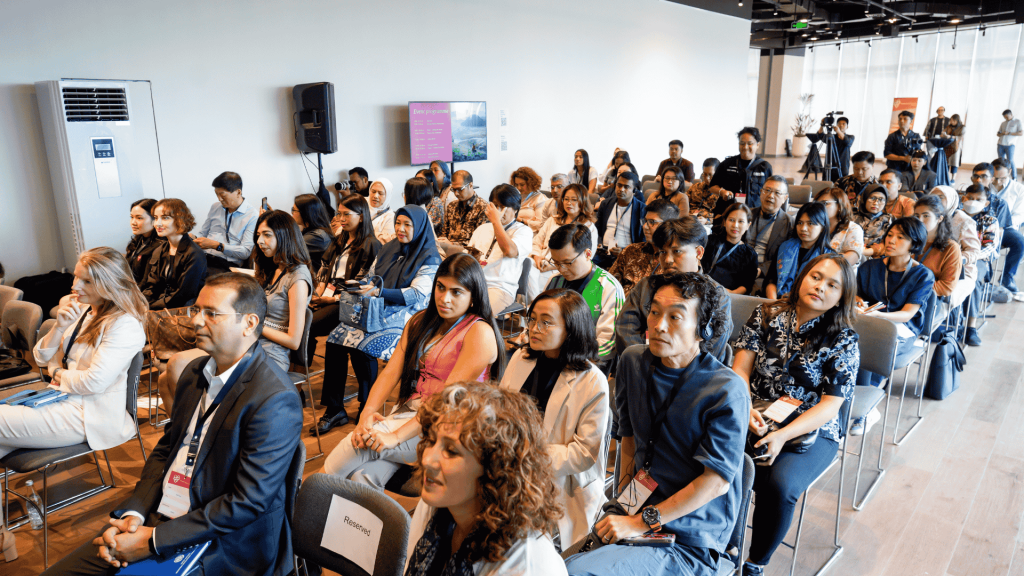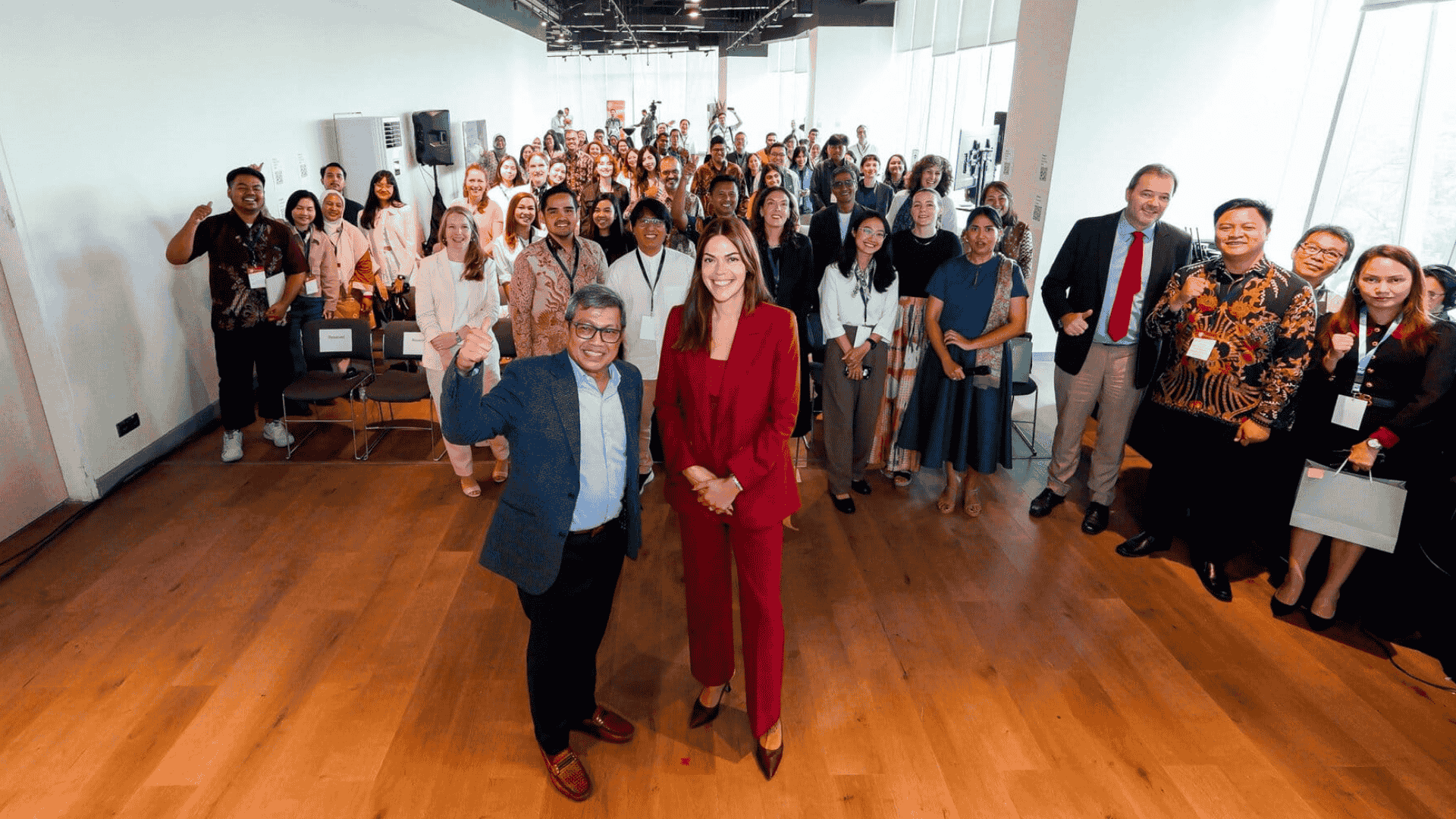Jakarta, 3 October 2024 — In a landmark moment for Indonesia’s sustainable fashion journey, Global Fashion Agenda (GFA), in collaboration with Rantai Tekstil Lestari (RTL) and global implementation partners, officially launched the Circular Fashion Partnership (CFP): Indonesia at the Alila SCBD, Jakarta. The event, titled “Establishing Circular Textile Systems in Indonesia,” gathered over 100 stakeholders and experts across sectors to explore Indonesia’s potential as a global leader in circular textile innovation.
Catalyzing Circular Transformation in Indonesia’s Textile Industry
This ambitious initiative is part of the Global Circular Fashion Forum (GCFF)—a movement that supports systemic change in core manufacturing regions like Bangladesh, Cambodia, Vietnam, and now, Indonesia. Funded by the H&M Foundation and private sector contributions, the program seeks to capture and recycle post-industrial textile waste, while empowering local ecosystems and aligning with national sustainability agendas.

A Multi-Stakeholder Vision for Circularity
The launch event brought together representatives from:
Indonesia’s National Development Planning Agency (Bappenas)
Ministry of Industry
Ministry of Environment & Forestry
Embassy of Denmark
Global brands such as H&M and adidas
Recycling innovators and manufacturers like Indorama
Academics, NGOs, and circularity experts
"Global Fashion Agenda is proud to be working with its partners to accelerate impact in core manufacturing regions. Since 2018, Denmark and Indonesia have been in strategic collaboration to support a circular economy and more effective waste management. By working with key local stakeholders, we believe that there is great potential in scaling recycling solutions in Indonesia and hope to collaborate with a wide ecosystem of actors in the region to tailor programmes to the unique local context and, in turn, support the transition to a circular economy."
Federica Marchionni, CEO of Global Fashion Agenda
Why It Matters: Lessons from Bangladesh, Vision for Indonesia
CFP: Indonesia is inspired by the success of CFP: Bangladesh, which since 2020 has:
Trained over 80 factories to segregate textile waste
Digitally traced 21,000+ tonnes of textile waste
Engaged 7 global brands, 77 manufacturers, and 28 recyclers
Saved approximately 140,000 tonnes of CO₂ emissions
Indonesia has the potential to exceed these achievements, thanks to:
Its advanced vertical supply chain
A growing pool of post-industrial textile waste (estimated at 777.7 kilotonnes annually)
A supportive policy environment, aligned with the Roadmap to 2050
By adapting lessons learned in Bangladesh and tailoring them to Indonesia’s unique industry structure, CFP: Indonesia is poised to become a replicable model for circularity in the Global South.
"It’s not going to be easy. We’re not aiming for something that is impractical here. But this partnership will also enhance the understanding of circular economy ecosystems that can guide local and national government officials, manufacturers, practitioners, academics, media and consumers in pursuing circular economy in the ecosystems setting."
Basrie Kamba, Chair of RTL
RTL’s Role as National Lead
As national lead, RTL will:
Ensure localization of the program’s approach to fit Indonesia’s textile landscape
Facilitate engagement with ministries and local stakeholders
Address regulatory gaps that hinder circular practices
Coordinate training, working groups, and platform pilots to build capacity across the value chain
In the same event, Circle Economy also launched the Circularity Academy at the event—a gamified, immersive e-learning platform with a special track tailored to Indonesia’s circular textile journey. The platform will empower industry professionals with knowledge and tools to accelerate action.
"Moving towards circularity is a continuous journey with many interdependencies, both within and outside the company. To achieve our goal of sourcing only recycled or sustainably sourced materials by 2030, we need to work with partners. We are thrilled to embark on this journey with the Circular Fashion Partnership, aiming to establish a sustainable and circular supply chain for fashion in Indonesia."
Anya Sapphira, Sustainability and Public Affair Manager, H&M Production Office Indonesia
The launch of the Circular Fashion Partnership: Indonesia represents a new chapter in building a resilient, responsible, and regenerative fashion industry in Southeast Asia. By promoting circular practices, supporting domestic recycling infrastructure, and enabling policy reform, this initiative reinforces Indonesia’s position as a regional leader in sustainable textile manufacturing.


